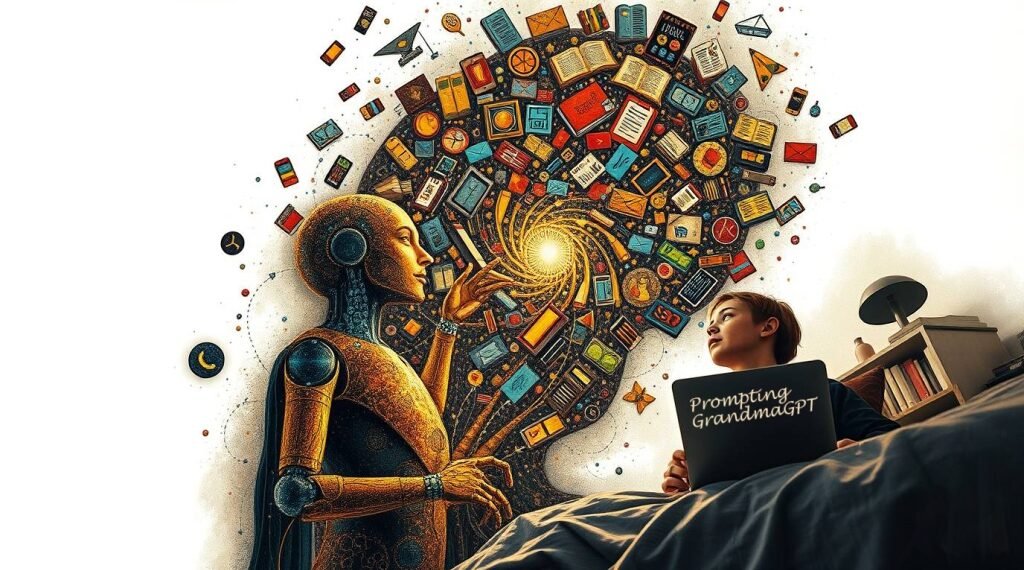At a recent AI event hosted by the venture capital firm Sequoia, OpenAI’s Chief Executive, Sam Altman, articulated an ambitious vision for ChatGPT. In reply to a question about personalization, he expressed his hope for the AI model to retain every facet of an individual’s life; it’s both an exciting and scary prospect.
Altman detailed an ideal scenario involving a compact reasoning model that integrates a trillion tokens of context, allowing users to input their entire existence. This model would proficiently analyze an individual’s comprehensive context, accounting for every conversation, book, email, and visual interaction, while continually assimilating additional data from diverse sources.
He suggested a similar methodology could apply to organizational data, citing that younger users, particularly college students, frequently employ ChatGPT as a functional system by uploading files, linking data sources, and generating intricate prompts. He contrasted this with older demographics, who generally regard ChatGPT as a mere substitute for search engines.
While envisioning a future where ChatGPT functions as an omniscient AI assistant capable of managing everyday tasks, such as vehicle maintenance scheduling or travel organization, Altman acknowledged the potential for trust issues. These concerns reflect the actions of profit-oriented technology companies that may mishandle personal data, as illustrated by Google’s past controversies and the risk of politically biased chatbot responses.
The ainewsarticles.com article you just read is a brief synopsis; the original article can be found here: Read the Full Article…



